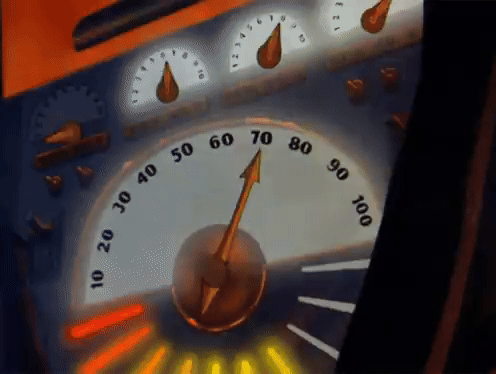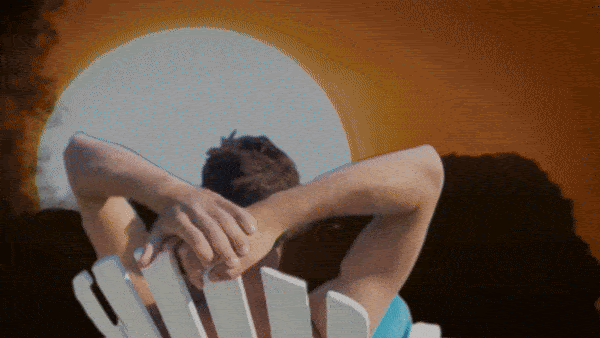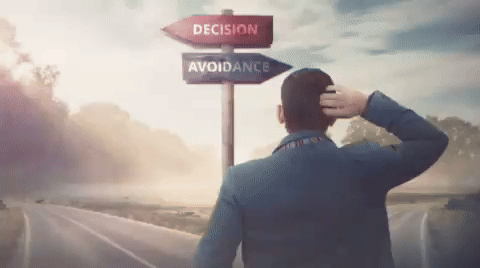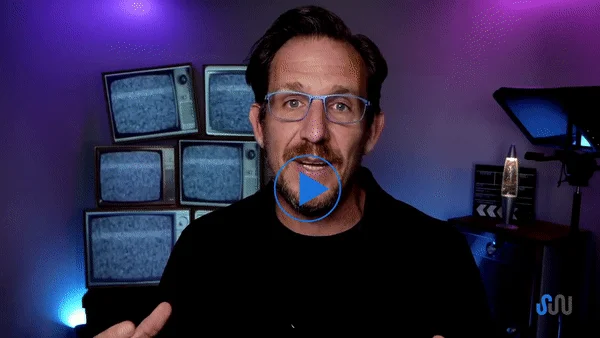I’ve recently completed a series of workshops on the Art of Future Thinking for a couple of clients, and there was one idea I shared that got significant pushback.
In the workshop, I shared the story of competing in the 2004 Sydney Hobart yacht race. Unfortunately, the weather conditions in the 2004 Sydney Hobart are considered some of the worst in the race’s nearly 80-year history. In fact, only about half of the fleet managed to finish the race, with the remainder either retiring damaged or pulling out preemptively to avoid it.
One of my enduring memories of the race was from the first night. We were making our way down the coast, heading towards Bass Strait, and the weather conditions were rapidly deteriorating. I was on watch in the early hours of the morning, and my dad, who was both the owner and the captain, was trying to get some sleep below the decks. Except that he wasn’t really sleeping, at least not very well. About once every 30 minutes, he would come back up into the cockpit, check the sails, look at the radar, and scan the horizon. Sometimes he would make a small adjustment to our course; otherwise, he’d disappear again below decks and try to sleep for another half hour or so.
My point in sharing this story is that when the conditions are uncertain, we need to make sure we regularly scan the horizon. In times of uncertainty, conditions can change rapidly, and as leaders, we need to spend more time looking up and out to see what’s coming towards us and what new dangers might have appeared.
The pushback I got was that many of the leaders in the workshop felt that whether they liked it or not, uncertainty in their operating environment meant they had no choice but to spend more time dealing with the problems at their feet. Those unexpected problems kept emerging, and it became significantly harder to be strategic.
And although I can sympathise with this perspective and know a big storm can cause havoc on deck, I also know you don’t wait until the storm has hit before you batten down the hatches. You track the storm as it moves towards you, and as it gets closer, you start preparing. You shorten the sails, you secure loose items on deck, the crew puts on their wet weather gear, and by the time the storm hits, you have dramatically reduced the number of things that can go wrong.
I appreciate that every analogy is imperfect, but there is also truth in the fact that every challenge we’re currently dealing with in our organisations was once far away on the horizon. Whether it be generative AI, an uncertain economic environment, or even a global pandemic, none of these just suddenly ‘appear’; they come at us with varying direction and speed. If we’re aware, we can see them coming and, at a bare minimum, be more prepared, and possibly even take evasive action.
In times of uncertainty, it may feel difficult to be strategic and take the time to regularly look up to see what’s coming next. But if we don’t, we risk being stuck in a perpetual cycle where the next crisis crashes over us before we’ve finished dealing with the last one.

Why don’t we just replace our councillors with a board of directors?
Last week I posted on LinkedIn asking whether local councillors should be replaced with a





